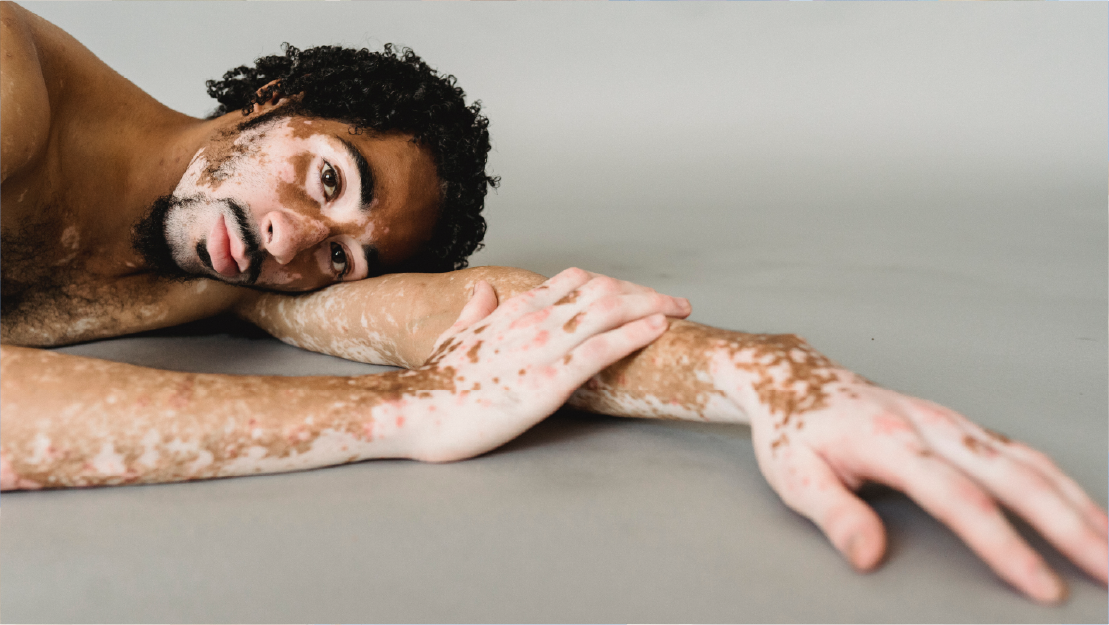Diversity, Equity and Inclusion, (DEI or D&I) is the practice of creating a company-culture of conversation and feedback that:
DEI has nothing to do with theoretical situations and rights-and-wrongs. That’s simply the antithesis of good diversity training. To improve DEI, the employee experience must focus on self analysis and real world confrontation.
The three parts of DEI initiatives — diversity, equity and inclusion — must be linked together in order to create a streamlined journey of growth.

The first step in a successful DEI program is analyzing what diversity means to us, personally. The key learning here is around individual bias awareness and group vs. individual identity analysis.
Our individual biases are ingrained and are almost impossible to do away with. The goal in training cannot be the removal of these biases, rather awareness of their existence, and nature. Once biases have been identified, training must address how they negatively impact the view of ourselves and others.
Bias training should focus on the self analysis of our own individual vs group identity. Here we need to recreate our own identity through the 14 dimensions of diversity. By piecing together our own person, it becomes easy to see that group identities often do a poor job of defining individuals.
Thus, by seeing that we are all defined by individual identities, it becomes apparent that biases, which are aimed against groups, significantly, and negatively, impact our ability to view ourselves and others intimately and accurately.

Inclusion in the workplace is achieved through the practical application of Diversity principles. Diversity training helps us critically think about how unique we all are, while Inclusion training becomes the arena for employee engagement.
This stage of DEI is to learn how to express ourselves better, engage with others more curiously, and seek out the less salient individual characteristics of our peers. What are the parts of us that often go unnoticed? What are the skills of colleagues that I may have overlooked?
Learning must be collaborative in order to create mindset change. Interacting with diverse team members, with heightened awareness to seek out new skills in colleagues, creates the groundwork for new levels of collaboration.
Inclusion training is where the incredible benefits of DEI programs live: better communication, greater understanding, more empathy, and a better sense of belonging.

The last piece of DEI training is on equity. The goal is to create an environment where every individual has the same opportunities to succeed in a company.
Most companies like to teach this topic by discussing the difference between equity and equality, with the “level playing field” model. The common adage is that equality is giving everyone the same thing while equity is giving the right thing in the right amount to each individual. Because everyone has different privileges, opportunities should be proportionally distributed.
This sounds great in practice, but what makes it an unreal ideal is that it is impossible to define an equitable, or “fair”, situation. No matter what a person, or a company does, someone will always and inevitably feel left out or underserved.
So, how does a company go about being fair over important issues like the language employees can use in a company, what topics are appropriate to discuss, who gets invited to meetings, who gets promotions, and who is paid what?
Infinity Unconventional takes a radically different approach to equity training. We say, “no” to cancel-culture, censorship or blanketed rules, which largely act to hinder expression and creativity and almost never provide fairness.
Equity training for us is allowing everyone to express him or herself freely — but without the demand that what is said is truth or must be acquiesced to.
No one has the claim to a certain treatment, but we all have the right to express what we need. Equity training is about creating open and honest dialogue, for everyone to be heard.

Creating diverse, equitable and inclusive environments all starts with the individual.
DEI relies on a company culture of critical thinking and a personal accountability to understand oneself better, and the sympathy to connect meaningfully with colleagues. In order to make sure that there is full participation, everyone should be encouraged to push themselves through this journey of self discovery.
Diversity in the workplace means to understand individual uniqueness.
Equity in the workplace means learning how to listen to others, while speaking your needs.
Inclusion in the workplace means to actively share and seek out colleagues’ skills.
If you’re looking for DEI program design, call Infinity Unconventional.
If you’re looking for a DEI workshop, check out PAN.